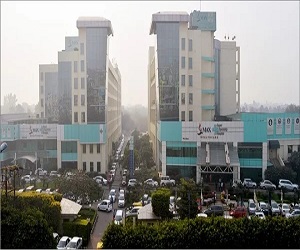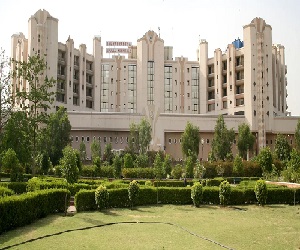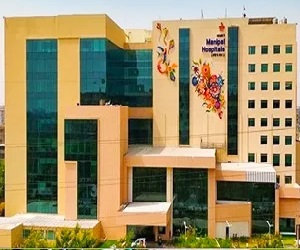Colon cancer, also referred to as rectal cancer, begins in the rectum or colon, which are part of your lower digestive system. Factors such as aging and unhealthy habits contribute to most cases of colon cancer, with only a small percentage being attributed to genetic disorders. Risk factors include poor diet, obesity, smoking, and lack of exercise. Consuming red meat, processed foods, and alcohol increases the risk of developing colon cancer.
What are the benefits of the treatment?
Colon cancer surgery offers significant benefits when the cancer is detected early and hasn’t spread to nearby organs. It’s a reliable and comparatively straightforward procedure, providing a chance to halt the disease’s progression before it becomes untreatable.
Who exactly needs the treatment?
The stage of cancer plays a crucial role in dictating the course of treatment for colon cancer, yet other factors also carry weight. Surgery typically emerges as the foremost or introductory treatment avenue for individuals with colon cancer confined to its early stages. Consequently, patients often undergo surgery to address the localized areas affected by cancer, thereby targeting its progression.
How does the doctor diagnose for cancer
Colonoscopy stands out as one of the most prevalent and straightforward methods for diagnosing colon cancer. This procedure involves a thorough examination of both the rectum and the entirety of the colon, facilitated by a flexible, elongated instrument called a colonoscope. Employing this tool, doctors can meticulously assess the colon’s health and detect any abnormalities indicative of colon cancer.
How is the Surgery performed?
- Step 1 – In most cases, you should anticipate that your service provider will:
- Step 2- You will be put under general anesthesia and put to sleep.
- Step 3 – Make an incision or several in your abdominal region.
- Step 4- The damaged tissue in the colon should be carefully isolated and removed.
- Step 5- Staples or sutures can be used to connect the two healthy ends of the bowel.
- Step 6 – Make a stoma in your abdomen, then move the end of your bowel to the stoma.
- Step 7 -Bring the abdominal incisions together.
What are recovery and post-op care after the treatment?
Once you’re back home, the recovery process typically spans from 3 to 6 weeks. Your post-surgery routine will likely involve gradually escalating your activities. Walking emerges as a pivotal component in your rehabilitation journey. Engaging in regular walks not only fortifies your muscles but also promotes healthy blood circulation, mitigating the risk of blood clot formation, and maintains clear lungs. If you maintain a good fitness regimen pre-surgery, resuming your workouts is feasible once you feel prepared and receive clearance from your doctor.
What are the risks and complications of the Surgery?
Your doctor will discuss the potential risks and complications associated with bowel surgery. Like any significant surgical procedure, there are inherent risks involved in treating bowel cancer surgically. These risks encompass the possibility of infection, bleeding, blood clots, damage to surrounding vital tissues, or leakage from the remaining bowel junctions. Following the surgery, diligent monitoring will be undertaken to promptly address any post-operative complications or side effects.
Colon Cancer Treatment cost in India are as follow
| Treatment | Cost in USD | Stay in Hospital |
| Colon Cancer Treatment | 4500-5100 | 4-5 Days |
| Esophageal Cancer Treatment | 2700-4600 | 5-7 Days |
| Lungs Cancer Treatment | 4500-5600 | 5-7 Days |
| Prostate Cancer Treatment | 3700-4600 | 3-4 Days |













